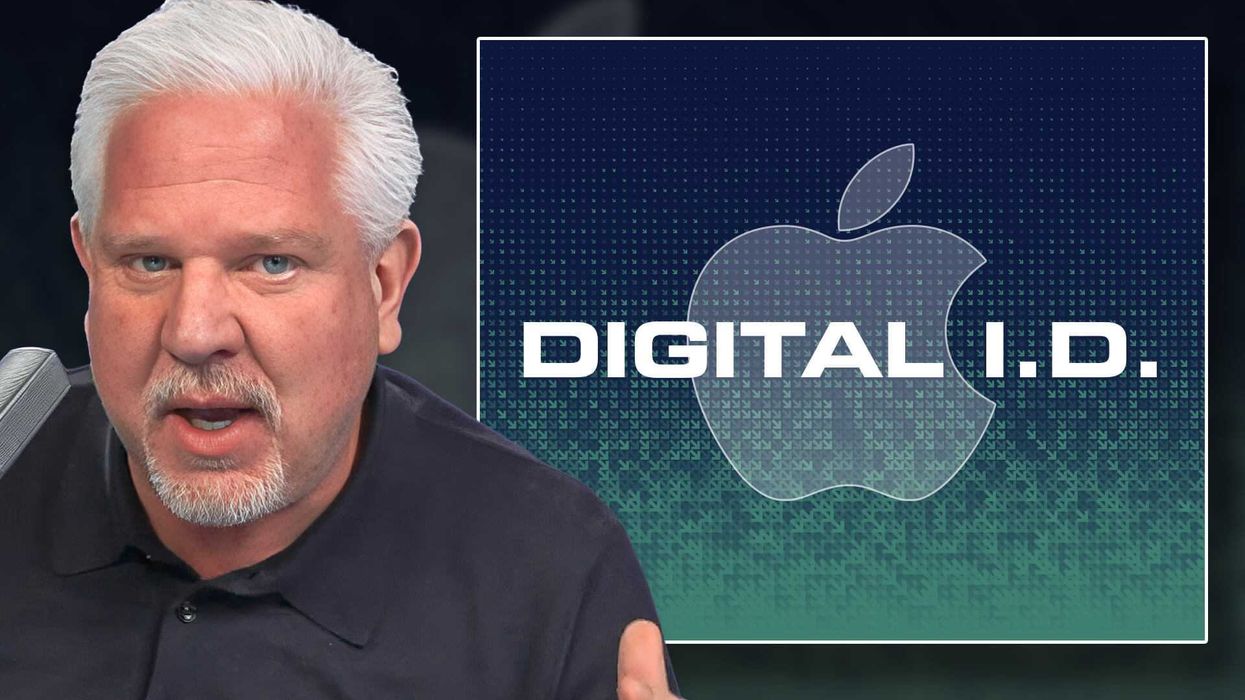
© 2025 Blaze Media LLC. All rights reserved.
Fact Check: Was Rand Paul Actually Off When He Made Fun of Obamacare's Supposed New Health Codes?
May 29, 2013
Accuracy.
 Sen. Rand Paul. (Getty Images)
Sen. Rand Paul. (Getty Images)
Is it possible that Sen. Rand Paul's Obamacare rant that recently went viral is actually wrong? After posting his comments on Tuesday, we did some more digging and found some information that calls it into question.
First, some background.
In a speech earlier this month that just now has gained traction, Paul said that the Affordable Care Act (Obamacare) would require doctors to comply with 122,000 new diagnostic codes used to classify ailing patients.
“There were 18,000 of these [codes],” Sen. Paul told his Iowa audience. “But under Obamacare, they’re going to keep you healthier because now there’s going to be 140,000 codes [emphasis added].”
“Included among these codes,” he continued, “will be 312 new codes for injuries from animals; 72 new codes for injuries just from birds; 9 new codes for ‘injuries from the macaw.”‘
“The macaw?” he asked. “I’ve asked physicians all over the country, ‘Have you ever seen an injury from a macaw?’”
However, as humorous as the senator’s remarks are, they appear to be inaccurate.
Let us explain.
U.S. physicians currently use about 18,000 medical diagnostic codes, organized by the World Health Organization under the International Classification of Diseases (ICD) coding scheme, to classify ailing patients. The U.S. currently operates on ICD-9.
But the coding scheme Sen. Paul is talking about, the one that includes 122,000 new classifications, is ICD-10 -- and it is not the result of President Obama's landmark health care law.
The ICD-10 coding scheme was written years ago, most of the world already runs on it, and its implementation in the U.S. was approved by the Bush administration.
“We are taking a giant step forward toward developing a health care system that focuses on quality and affordability through the implementation of health information technology,” HHS Secretary Mike Leavitt said in a 2008 press release.
“The greatly expanded ICD-10 code sets will enable HHS to fully support quality reporting, pay-for-performance, bio-surveillance, and other critical activities. Conversion to ICD-10 is essential to development of a nationwide electronic health information environment, and the updated X12 transaction standards are a critical step in the implementation of these new codes,” Leavitt added.
Here’s where we get into a tricky timeline.
The Bush administration first proposed transitioning to ICD-10 in 2008 with the intention of having doctors and physicians switched over by October 2011. However, because the new coding scheme is massive, the Bush administration decided to reschedule the scheme's implementation for October 2013.
But then the Obama administration pushed the final date to October 2014, back from its previous date of October 2013, so as to give doctors and physicians more time to prepare for the change.
And as noted by Sen. Paul, the ICD-10 system is loaded with many seemingly “outlandish” classifications. In addition to the ones mentioned by Sen. Paul in his speech, here are a few more examples of some of the “clinically irrelevant” codes included in ICD-10 [via Heartland Institute]:
- The new codes account for injury sites, ranging from opera houses to chicken coops to squash courts.
- One code is for “burn due to water-skis on fire” and another for “walked into lamppost.”
- There are a total of nine codes strictly pertaining to injuries that occur in and around a mobile home.
- There's even a code for civilian drone strikes.
The following is an index of classifications for just external causes of injuries (you can find additional information here):
Still, as far as our research shows, the only connection between Obamacare and the addition of 122,000 new diagnostic codes is found in section 10109(c) of the law where it describes making the transition from ICD-9 to ICD-10 (something that was decided before the passage of the health care bill):
(c) ICD Coding Crosswalks-(1) ICD-9 TO ICD-10 CROSSWALK- The Secretary shall task the ICD-9-CM Coordination and Maintenance Committee to convene a meeting, not later than January 1, 2011, to receive input from appropriate stakeholders (including health plans, health care providers, and clinicians) regarding the crosswalk between the Ninth and Tenth Revisions of the International Classification of Diseases (ICD-9 and ICD-10, respectively) that is posted on the website of the Centers for Medicare & Medicaid Services, and make recommendations about appropriate revisions to such crosswalk.
(2) REVISION OF CROSSWALK- For purposes of the crosswalk described in paragraph (1), the Secretary shall make appropriate revisions and post any such revised crosswalk on the website of the Centers for Medicare & Medicaid Services.
(3) USE OF REVISED CROSSWALK- For purposes of paragraph (2), any revised crosswalk shall be treated as a code set for which a standard has been adopted by the Secretary for purposes of section 1173(c)(1)(B) of the Social Security Act (42 U.S.C. 1320d-2(c)(1)(B)).
(4) SUBSEQUENT CROSSWALKS- For subsequent revisions of the International Classification of Diseases that are adopted by the Secretary as a standard code set under section 1173(c) of the Social Security Act (42 U.S.C. 1320d-2(c)), the Secretary shall, after consultation with the appropriate stakeholders, post on the website of the Centers for Medicare & Medicaid Services a crosswalk between the previous and subsequent version of the International Classification of Diseases not later than the date of implementation of such subsequent revision.
Of course, it's possible that Obamacare and ICD-10 could cause harm: The new coding system “will increase health system costs, burden providers, and is unlikely to improve care,” writes Benjamin Domenech, citing Senator Tom Coburn.
“The primary difference between the current codes, called ICD-9, and the new ICD-10 system is the sheer volume of codes providers will be required to check when entering patient information,” Domenech explains.
“[M]ost of the increased number of codes is due not to new diseases or clinically necessary information, but to requiring excessive and often ridiculous detail."
What both Obamacare and the ICD-10 scheme have in common, then, are massive costs. As Domenech points out:
The new codes may not help improve health care, but they will certainly increase the cost of compliance for many providers. One study from the American Medical Association, the Medical Group Management Association, and others has estimated the adoption costs for a small practice at $83,000, ranging up to $2.7 million for a typical large practice. And an Ernst & Young report notes that HHS estimates the cost of the coding conversion at $1.6 billion, but “costs won’t even break even until 2018.”
In an attempt to prevent this from happening, Sen. Coburn has attached an amendment to the farm bill currently under review in the U.S. Senate that would block the transition from the ICD-9 to the ICD-10 coding system.
BOTTOM LINE: Sen. Paul raises valid concerns over the seriousness of the new codes and perhaps he isn’t incorrect to poke fun at them.
However, when all is said and done, he is incorrect when he implies that Obamacare is responsible for 122,000 new diagnostic codes. The WHO wrote up the new codes a long time ago and it was approved by a Bush administration official.
Sure, the new coding system may seem silly and it may turn out to be a costly mistake -- but you can’t blame Obamacare for this one.
Senator Paul’s office did not immediately return TheBlaze’s request for comment.
--
Follow Becket Adams (@BecketAdams) on Twitter
Featured image Getty Images.
Want to leave a tip?
We answer to you. Help keep our content free of advertisers and big tech censorship by leaving a tip today.
Want to join the conversation?
Already a subscriber?
more stories
Sign up for the Blaze newsletter
By signing up, you agree to our Privacy Policy and Terms of Use, and agree to receive content that may sometimes include advertisements. You may opt out at any time.
Related Content
© 2025 Blaze Media LLC. All rights reserved.
Get the stories that matter most delivered directly to your inbox.
By signing up, you agree to our Privacy Policy and Terms of Use, and agree to receive content that may sometimes include advertisements. You may opt out at any time.






